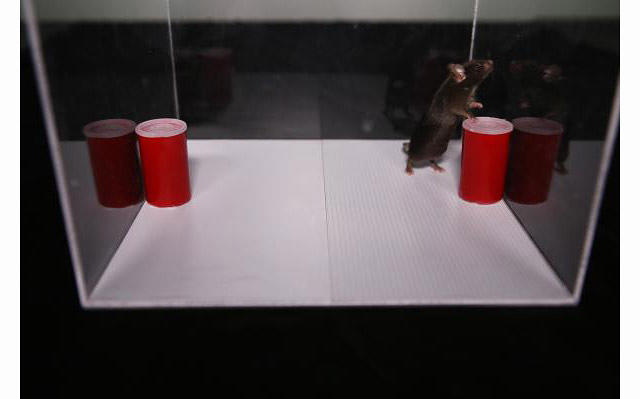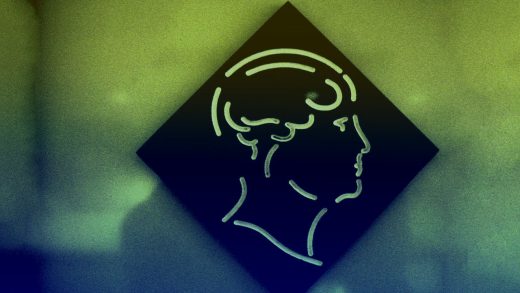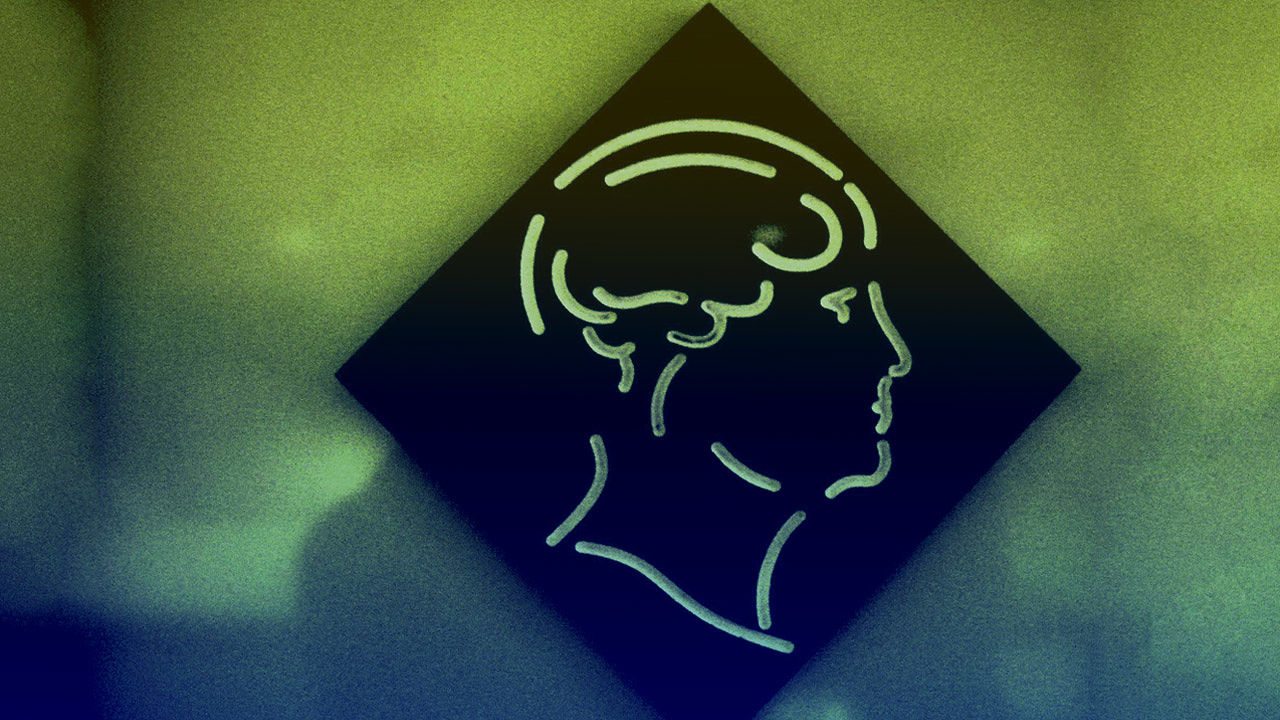Can Scientists Hack Sleep For Better Memory?
One of the benefits of sleep is its contributions to memory. People with sleep disorders, such as sleep apnea or chronic insomnia, who may experience little non-rapid-eye-movement (non-REM) sleep—the deepest level of sleep—tend to have impaired memory functions.
But now, researchers from Japan’s RIKEN Brain Science Institute have learned more about how and why this happens. In a study published in the May 26 issue of Science magazine, researchers found that manipulating a brain circuit in mice could enhance memory, even when the mice were sleep-deprived, which usually impairs memory. And the study has important implications for how we retain memories.
The Memory Circuit
Headed by team leader Masanori Murayama, researchers hypothesized that a good night’s sleep, where you reach non-REM sleep, gives your brain some stimulus-free time to sort through the things that happened during the day and “file” them using an internal circuit. But what part of the brain is responsible for memorizing experiences? The scientists wondered if memory consolidation happened when the brain processed information from higher to lower regions, called “top-down processing,” during deep sleep.
To test the theory, researchers exposed mice to two rooms: one with only a smooth floor on the first day of the experiment and with a smooth and textured floor the next day. When mice had normal sleep between the first and second days, they typically chose to stay longer on the textured portion of the floor on the second day because there was more to explore.

But once researchers started manipulating the mice’s sleep, things got interesting. When they were sleep-deprived right after their first tactile experience with the smooth floor, they explored the smooth and textured floors as they had on the first day, indicating that they didn’t memorize the experience of exploring the smooth floor.
Then, researchers also suppressed the mice’s top-down neural pathway during non-REM sleep right after that first experience. The mice behaved as if they had been sleep-deprived and didn’t memorize the previous experience. But when the mice were able to sleep after their first exposure and the neural pathway was suppressed while they were awake or long after the first non-REM sleep, no behavior change was noted, indicating that memory processing happens during the first non-REM sleep period after an experience.
“What was surprising is that the non-REM sleep right after the learning is so important because in a mouse, we inactivated top-down input for just 30 minutes. The mice usually have 12 hours of sleep in the day. Thirty minutes is just 4% of the total sleep. That 4% of sleep time is so important,” Murayama says.
Is It Possible To Fake A Good Night’s Sleep
So does this mean that scientists may have a workaround for memory improvement in people who aren’t getting regular deep sleep? Not quite. Murayama says that, while it’s not yet possible to “hack” a good night’s sleep, the study has important implications for helping people with chronic sleep disorders improve their memory. When brain stimulation was applied to mice, memory was enhanced or improved. But there’s a disconcerting side, too.
“We found that if we activate the brain improperly, then memory consolidation could be impaired,” he says. “That’s also quite surprising and a little bit scary.”
Fast Company , Read Full Story
(29)



